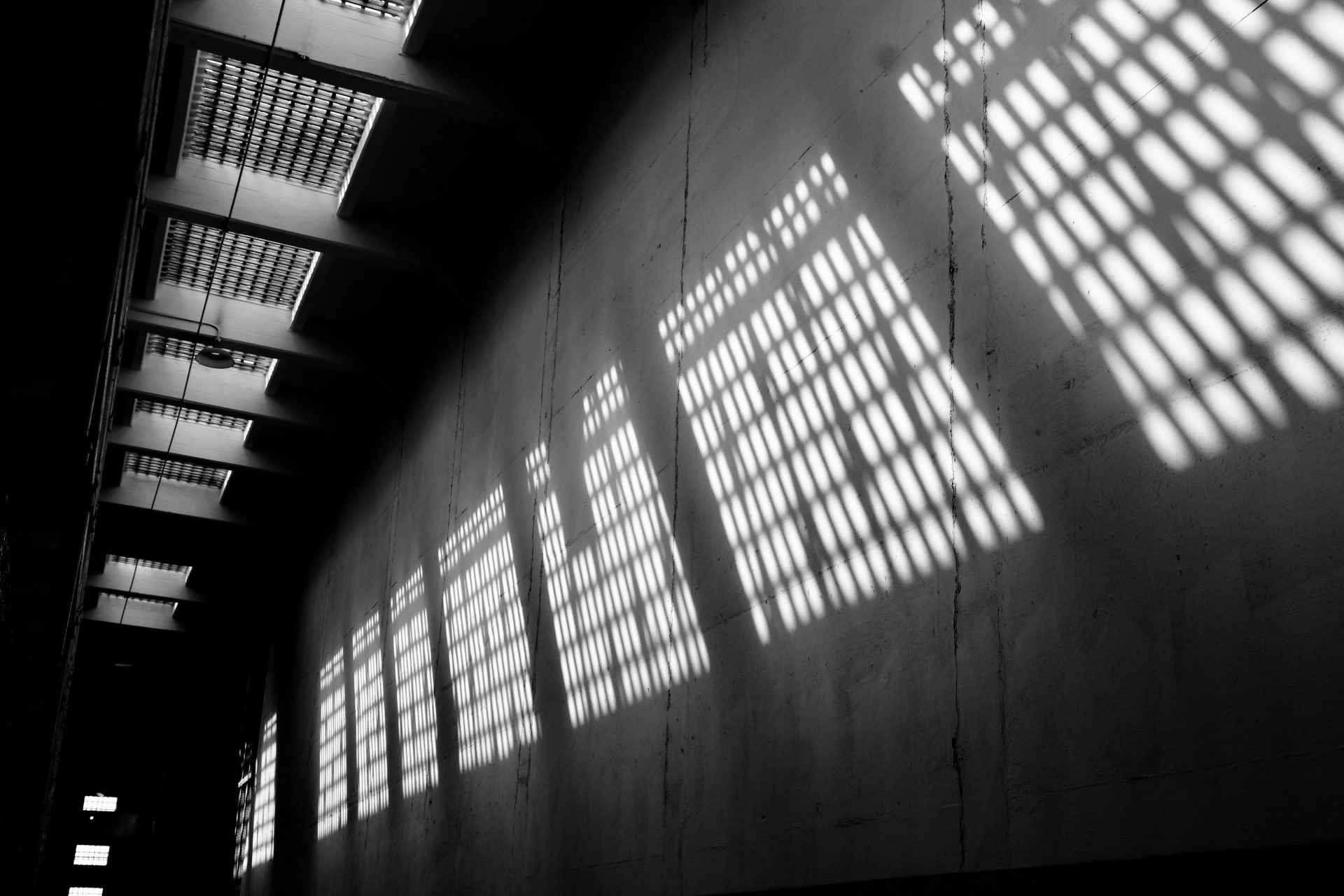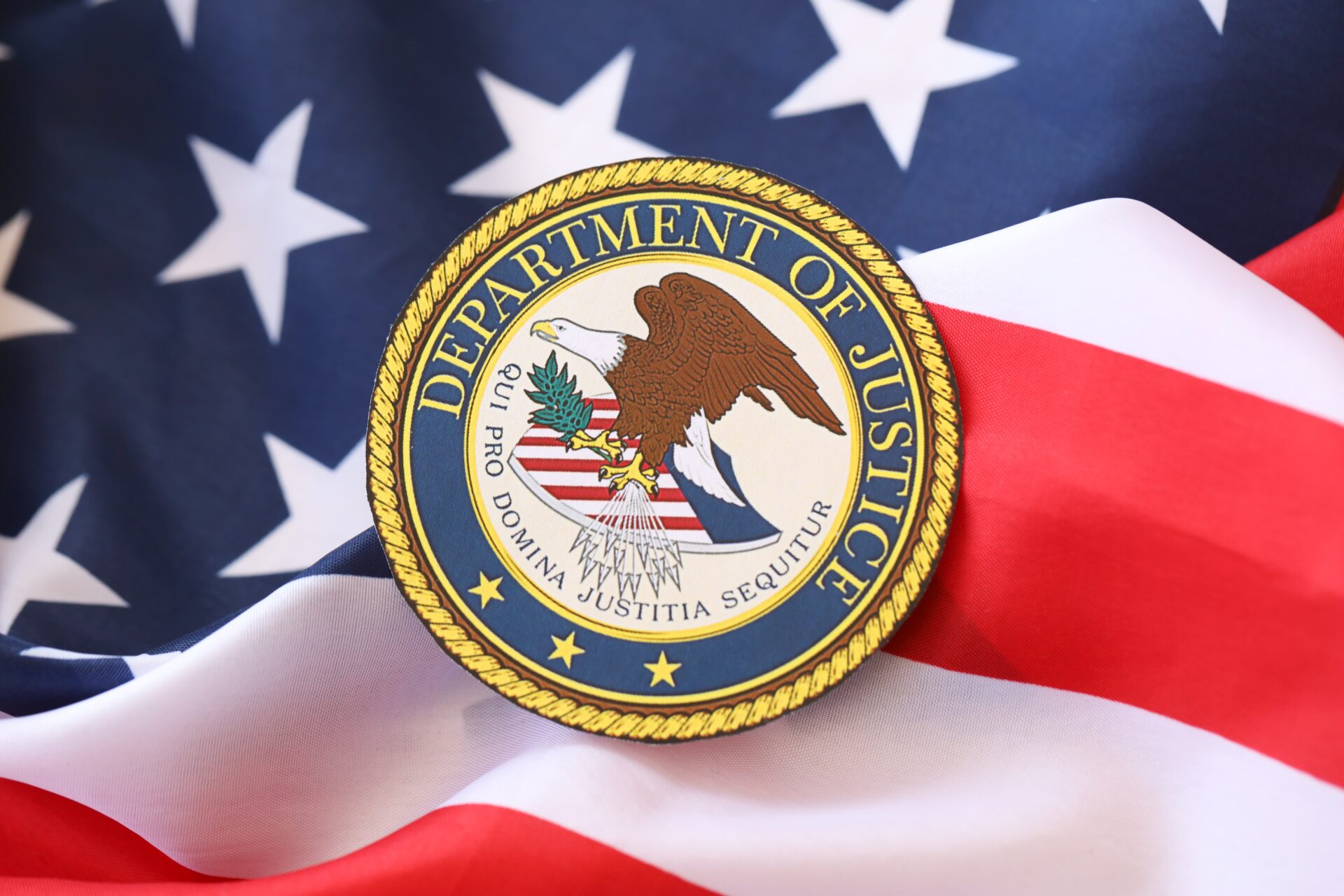
Dreadlocks Case: A Challenge to Inmate Rights
Will the Supreme Court uphold prisoners’ rights and religious freedoms, or will it redefine the legal recourse available to inmates?
At a Glance
- The Supreme Court will review Landor v. Louisiana, involving a Rastafarian’s religious rights.
- Damon Landor claims his dreadlocks were forcibly cut, violating RLUIPA.
- The case questions if RLUIPA allows prisoners to claim monetary damages.
- A previous ruling under RFRA supports damages, influencing this case.
Prisoner’s Religious Rights Case
The Supreme Court is set to examine a case that challenges the boundaries of prisoners’ rights in regard to religious freedom. Damon Landor, a Rastafarian inmate, alleges that Louisiana prison officials violated his religious rights by forcibly cutting his dreadlocks. The act, according to Landor, breached the Religious Land Use and Institutionalized Persons Act (RLUIPA), spurring a lawsuit seeking monetary damages. This case could redefine the landscape of religious rights protection for incarcerated individuals.
Watch A Report: Supreme Court to Review Case of Inmate’s Forcibly Shaved Dreadlocks
The incident occurred in 2020 during Landor’s incarceration for a minor drug offense. Despite a court ruling supporting religious accommodation for Rastafarians, prison officials ignored it and cut his hair, disregarding his nearly 20-year-old religious vow. The legal dispute raises the pressing question: can inmates claim personal monetary damages from state officials under RLUIPA? The implications of the decision reach far beyond Landor’s case, challenging the extent of religious rights protection within U.S. prisons.
The Legal Battle: Landor’s Call for Justice
To understand the magnitude of Landor’s case, one must delve into the legal precedents influencing its outcome. The 2020 Supreme Court ruling in Tanzin v. Tanvir acknowledged personal monetary damages under the Religious Freedom Restoration Act (RFRA), a law parallel in language to RLUIPA. Landor’s lawyer argues that since both laws share “identical language,” the Tanzin judgment should apply, validating the claim for damages against the involved state officials.
“The laws have ‘identical language,’ they said in court papers.” – Landor’s lawyer
Louisiana’s Attorney General acknowledges that Landor was mistreated, encouraging policy changes to prevent future misconduct. However, the state opposes Landor’s monetary damages claim, leading lower courts to support the dismissal. The upcoming Supreme Court review, starting in October, seeks to address these legal inconsistencies and set a clear precedent for similar cases.
Supreme Court’s Impending Decision
The Supreme Court’s decision to entertain the case comes as an unsigned order, with no justices dissenting, thus reflecting the importance of this matter within the legal system. Expected to run through June, the trial will reveal whether the judiciary considers the violation of religious rights sufficient grounds for personal claims against state officials. This critical question of judicial authority remains unanswered: can prisoners sue state officials personally for breaches under RLUIPA?
“The Supreme Court has agreed to consider whether prisoners who claim their religious rights have been violated may sue state officials personally for monetary damages.” – The Supreme Court


